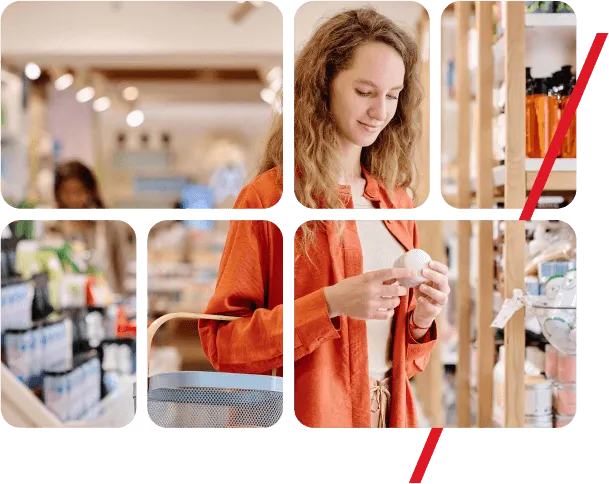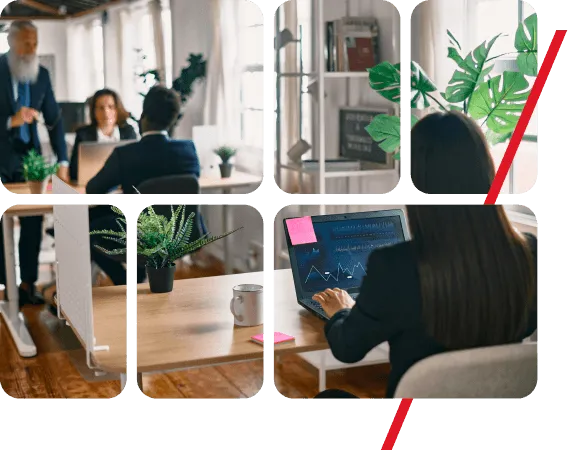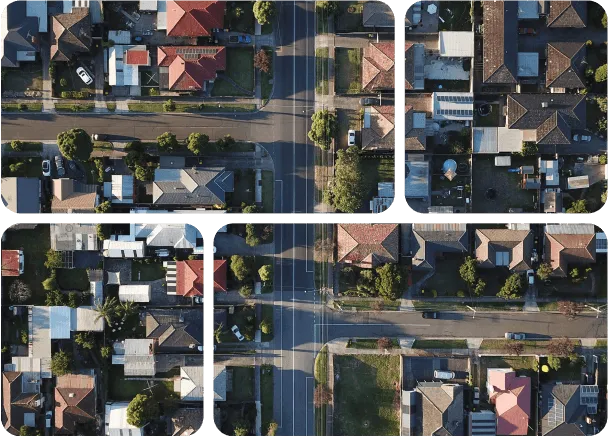We delved into terms such as natural capital, sustainable development, and the significance of sustainable consumption and production, gaining clarity on the urgent need for action.
One revelation was the limited availability of natural capital, compelling us to stay informed and take immediate action. An interesting revelation highlighted the significant impact of dietary choices, indicating that foregoing a burger can have a more substantial effect on carbon reduction than planting a tree. The methane produced by cows contributes significantly to greenhouse gas emissions, equating to the emissions of a 4×4 car.
Furthermore, the statistics regarding the sources of greenhouse gas emissions shed light on the staggering environmental impact of various sectors. Notably, businesses involved in cement, steel, and plastic production contribute 31% of greenhouse gases, while agriculture and electricity production are accountable for a significant 19% and 27%, respectively.
The scale of the challenge becomes evident when we consider that absorbing a single person’s lifetime emissions in America would require planting 20 hectares of trees in tropical areas. Scaling up to absorb the emissions of all American citizens would necessitate planting a staggering 6 billion trees, nearly half of Earth’s surface.
Embracing a ‘sustainability by design’ approach, focusing on minimizing waste and promoting reuse, stood out as a key strategy. The ‘Borrow – Use – Return’ mindset was highlighted as a practical way to reduce our environmental impact.
Moreover, the webinar encouraged several actions to make a difference, such as discontinuing the use of plastic bottles, choosing sustainable products, adopting green energy, and rethinking how we order food and manage waste. Encouragingly, the event emphasized simple steps like planting trees and repurposing coffee grounds for agricultural benefits, illustrating how individual actions contribute to the broader sustainability movement.
The takeaway from this experience was clear: through concerted efforts and a collective commitment to sustainable practices, we can make a profound impact on our planet’s health. It’s a call for everyone to take proactive steps towards a more sustainable and environmentally conscious future.
- industries
- / industries
- retail
-
/ retail
In the intricate world of retail, mindit.io stands out as your strategic ally.
-
- banking
- / banking
In the intricate world of retail, mindit.io stands out as your strategic ally.
-
- financial services
-
/ financial services
In the intricate world of retail, mindit.io stands out as your strategic ally.
-
- healthcare
-
/ healthcare
In the intricate world of retail, mindit.io stands out as your strategic ally.
-
- hospitality
- / hospitality
In the intricate world of retail, mindit.io stands out as your strategic ally.
-
- foodtech
- / foodtech
In the intricate world of retail, mindit.io stands out as your strategic ally.
-
- manufacturing
- / manufacturing
In the intricate world of retail, mindit.io stands out as your strategic ally.
-
- publishing
- / publishing
In the intricate world of retail, mindit.io stands out as your strategic ally.
-
- real estate
- / real estate
In the intricate world of retail, mindit.io stands out as your strategic ally.
-
- telco
- / telco
In the intricate world of retail, mindit.io stands out as your strategic ally.
-
- services
- / services
- enterprise applications
- / enterprise applicationsOur enterprise applications integrate seamlessly with your existing systems, providing a unified solution.
-
- product engineering
- / product engineeringWe specialize in Software Product Engineering, transforming your concepts into impactful products.
-
- data & analytics
-
/ data & analytics
Data Analytics is where IT, statistics, and business converge.
-
- artificial intelligence
- / artificial intelligenceArtificial intelligence and machine learning: we can unlock business potential through automation within your organization.
-
- integration solutions
- / integration solutionsStreamline IT projects, reduce risks, and ensure on-time, on-budget technology deployment aligned with your business goals.
-
- maintenance & support
- / maintenance & supportSecure and reliable software performance with proactive issue identification and disaster recovery strategies
-
- cloud & infrastructure services
- / cloud & infrastructure servicesAchieve more with our tailored DevOps, cloud, and infrastructure services for smooth, efficient, and secure operations.
-
- / accelerators
- / acceleratorsOur accelerators are built to drive growth and enhance your organization’s capabilities.
-
- success stories
- / success stories
- retail
-
/ retail
A global retailer, with 2200 stores & 25,000 employees, had critical issues in its Java legacy web application.We facilitated a decision on how much to invest in novelty items for one of the world’s biggest retail players.
-
- banking
- / bankingPartnered with fin-tech to create an algorithm for tailored investment choicesMigration to TIBCO BW6: Key European bank tackled complex business logic & integrated components using ESB architecture.
-
- financial services
- / financial servicesCross-border payment solution for education, healthcare, and businesses worldwide.
-
- healthcare
- / healthcareSwisscom’s Medical Connector offers DICOM-standard data communication with no size limits for providers.
-
- hospitality
- / hospitalityPowertage Chat uses RAG to deliver fast, accurate answers to visitor and exhibitor questions.Developed a white-label app for 2023 Rugby World Cup, enhancing UX and expanding client expertise.
-
- foodtech
- / foodtechPlanteneers offers a virtual product catalog configuration experience.
-
- manufacturing
- / manufacturingWe Partnered for production boost, cost reduction, and quality. Our software maximizes efficiency & savings.
-
- publishing
- / publishingEnhanced Izzard Ink with automated royalties & AI manuscript analysis for improved efficiency.
-
- real estate
- / real estateEfficiency in Real Estate: Created a Customer Portal for owners 55+, providing secure equity release info access.
-
- telco
- / telcoDeveloping Telco Apps for one of the most dynamic telco companies from Romania.
-
- company
- / company
- about us
-
/ about us
The partner of choice for data & product engineering to drive business growth & deliver an impact within your organization
-
- product engineering
- / product engineeringWe specialize in Software Product Engineering, transforming your concepts into impactful products.
-
- technology
- / technology250+ specialists skilled in software, BI, integration, offering end-to-end services from research to ongoing maintenance.
-
- methodology
- / methodologyWe specialize in software product engineering, transforming your concepts into impactful products.
-
- careers
- / careersOur team needs one more awesome person, like you. Let’s grow together! Why not give it a try?
-
- do good
- / do goodWe’re a team devoted to making the world better with small acts. We get involved and always stand for kindness.
-
- events
- blog
- contact us
- / contact usWe would love to hear from you! We have offices and teams in Romania and Switzerland. How can we make your business thrive?
-
- / get in touch








































